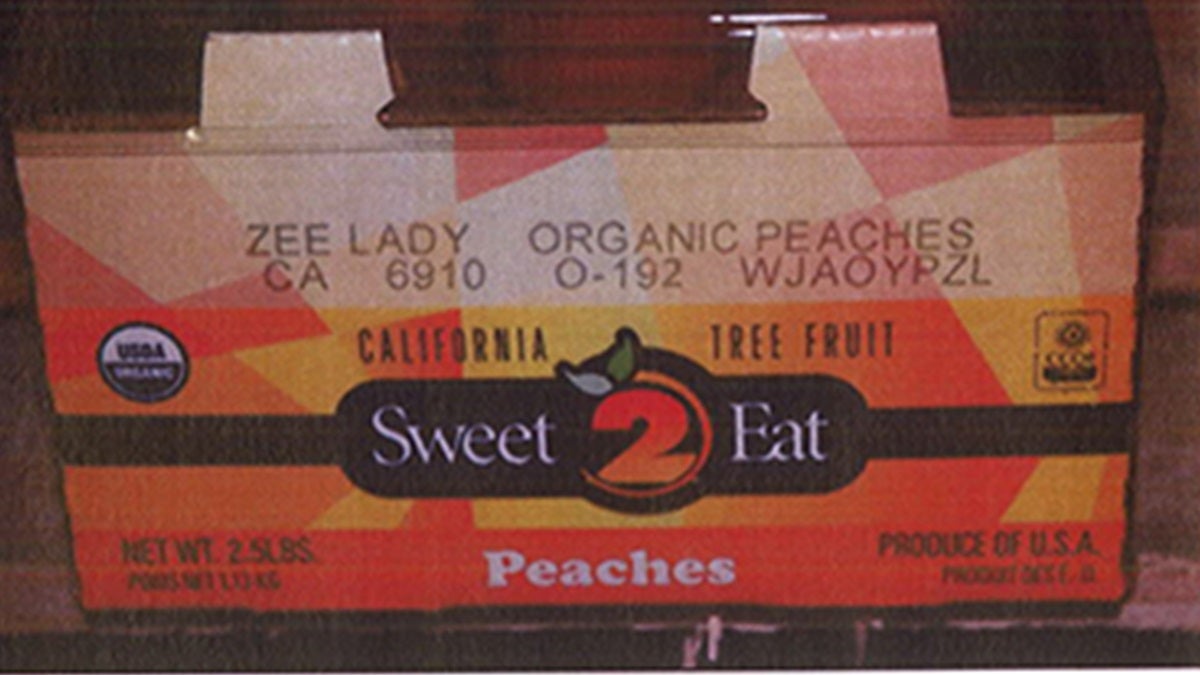Delaware impacted by national fruit recall

(U.S. FDA photo)
Peaches, nectarines, plums and pluots potentially contaminated with Listeria monocytogenes have been removed from the shelves of four Delaware food retailers.
Following the U.S. Food and Drug Administration’s nationwide recall last week, Delaware Division of Public Health contacted Costco, BJ’s, Sam’s Club and Trader Joe’s and confirmed the stone fruits were removed from sale.
“We know that the fruits are off the shelves,” said Jamie Mack of DPH’s Health Systems Protection. “But we want also to make sure that the peaches, nectarines, plums, and pluots are now out of people’s refrigerators and are in the trash.”
While no illnesses have been reported to date in Delaware or nationwide, DPH is urging consumers who purchased these fruits to throw them out or return them to the store where they were purchased. DPH also recommended any fruits stored in contact with the recalled products should also be disposed of out of an abundance of caution.
The fruits were marketed under the brand name Sweet 2 Eat and other store brands, and packaged by Wawona Packing Co. of Cutler, California. The FDA has pictures of the potentially contaminated fruit and its packaging on its website.
The FDA’s site warned certain lots of the fruit that were packed between June 1, 2014 and July 12, 2014, may be contaminated. The recall, the FDA said, was initiated based on internal company testing. The company shut down the implicated packing lines, retrofitted equipment and sanitized the facility. Retesting yielded negative results.
Listeria can cause serious and sometimes fatal infections in young children, frail or elderly people and others with weakened immune systems. Although healthy individuals may suffer only short-term symptoms such as high fever, severe headache, stiffness, nausea, abdominal pain and diarrhea, Listeria infection can cause miscarriages and stillbirths among pregnant women.
Keeping the refrigerator or other storage areas clean is a primary defense against Listeria. Shelves, bins or other areas where recalled products were stored can be cleaned with hot water and mild dishwashing detergent, then rinsed and dried with a clean cloth or paper towel.
WHYY is your source for fact-based, in-depth journalism and information. As a nonprofit organization, we rely on financial support from readers like you. Please give today.





